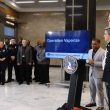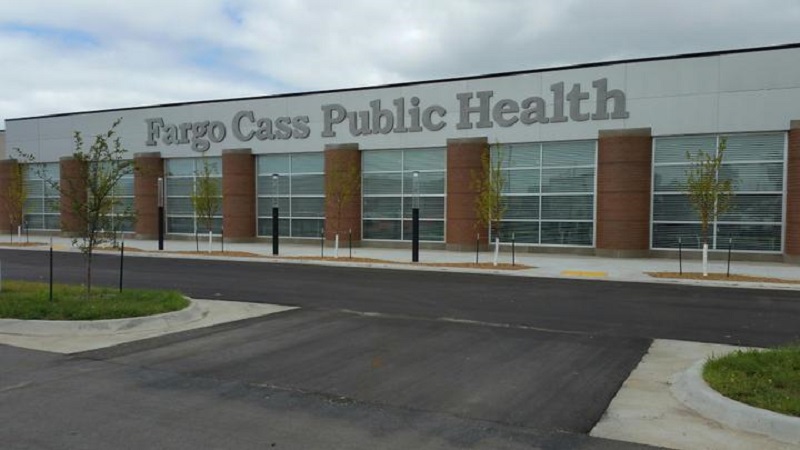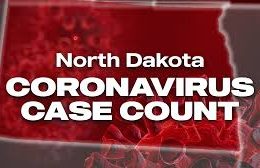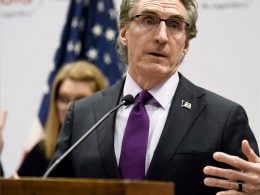Cass County, North Dakota – Officials from Fargo Cass Public Health are warning locals and medical professionals following a surge in whooping cough cases in the area.
Five cases of whooping cough remain unverified in Cass County, leaving three cases confirmed by lab testing. According to public health professionals, the reason for concern is not the quantity of cases but rather the different places in which they are found.
“None of our confirmed cases, that came in pretty rapidly, were exposed to one another, “said Brenton Nesemeier, an Epidemiologist from the North Dakota Department of Health and Human Services. “We know it’s in different pockets and in different age groups […] None of [the patients] had anything in common; no common school, no common church services, no common activities outside of school […] it might be more in the community than we actually think or our lab tests are showing.”
Because pertussis tends to assault the lining of the patient’s lungs, it might present similarly to a severe cough. Pertussis is also frequently known by the name whooping cough. The patient who has a severe case of whooping cough will “whoop” as they try to breathe in between coughing fits. According to medical professionals, most of the time the most severe symptoms do not show up, but people can spread the virus to susceptible groups since they are frequently unaware that they are carriers of it. This covers seniors over 65, infants under one year old, and pregnant women.
“In older adults and adolescents, it may just look like a common cold… “said Dr. Tracy Newman, A Health Officer for Fargo Cass Public Health,” …They could be walking around and exposing babies, not knowing. They also could go to the doctors office and we don’t test for it [normally], because it is not in our normal differential.”
In Cass County, medical facilities typically screen for COVID-19, RSV, and influenza in the early fall and winter. Nesemeier and Dr. Newman, two public health advocates, are pushing those hospitals to think about incorporating whooping cough testing into that rotation.
In addition, Dr. Newman emphasized the potential consequences of a positive whooping cough case that go beyond the virus’s symptoms. She clarifies that after learning of the positive diagnosis and any suspected instances, schools, daycare centers, and other organizations are informed and will not permit people to attend those services or events.
“This can disrupt your life because we do enforce that in public health. Even symptomatic contacts of confirmed cases, if they are treated and reported, they too have to follow [protocol],” said Dr. Newman
Nesemeier and Dr. Newman both advise people to get vaccinated against whooping cough for themselves and their family. Vaccinations are often administered at yearly checkups to anyone over the age of ten every ten years. Dr. Newman advises making an appointment with your physician if you’re in need of a booster shot or want to be extra protected over the holidays. Health officials advise parents to vaccinate their children against whooping cough, even if they are only two months old.











